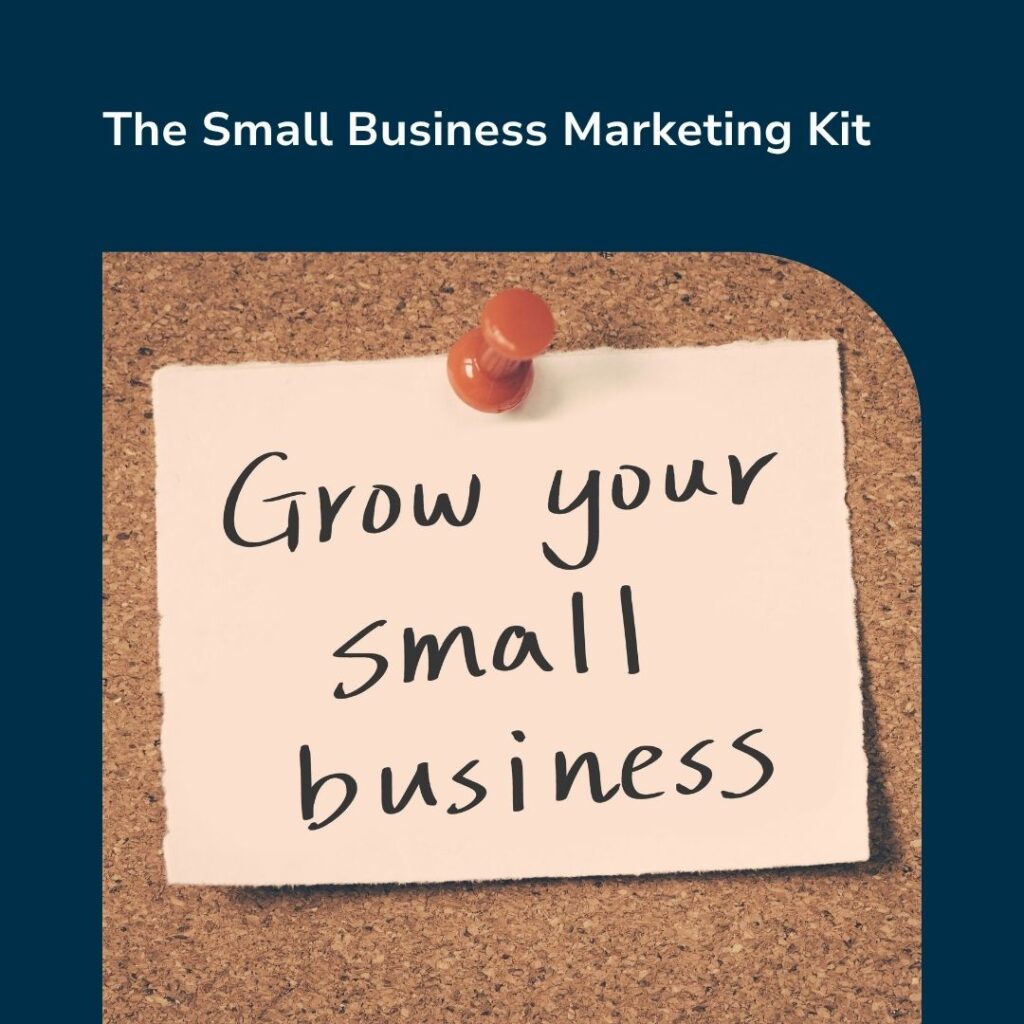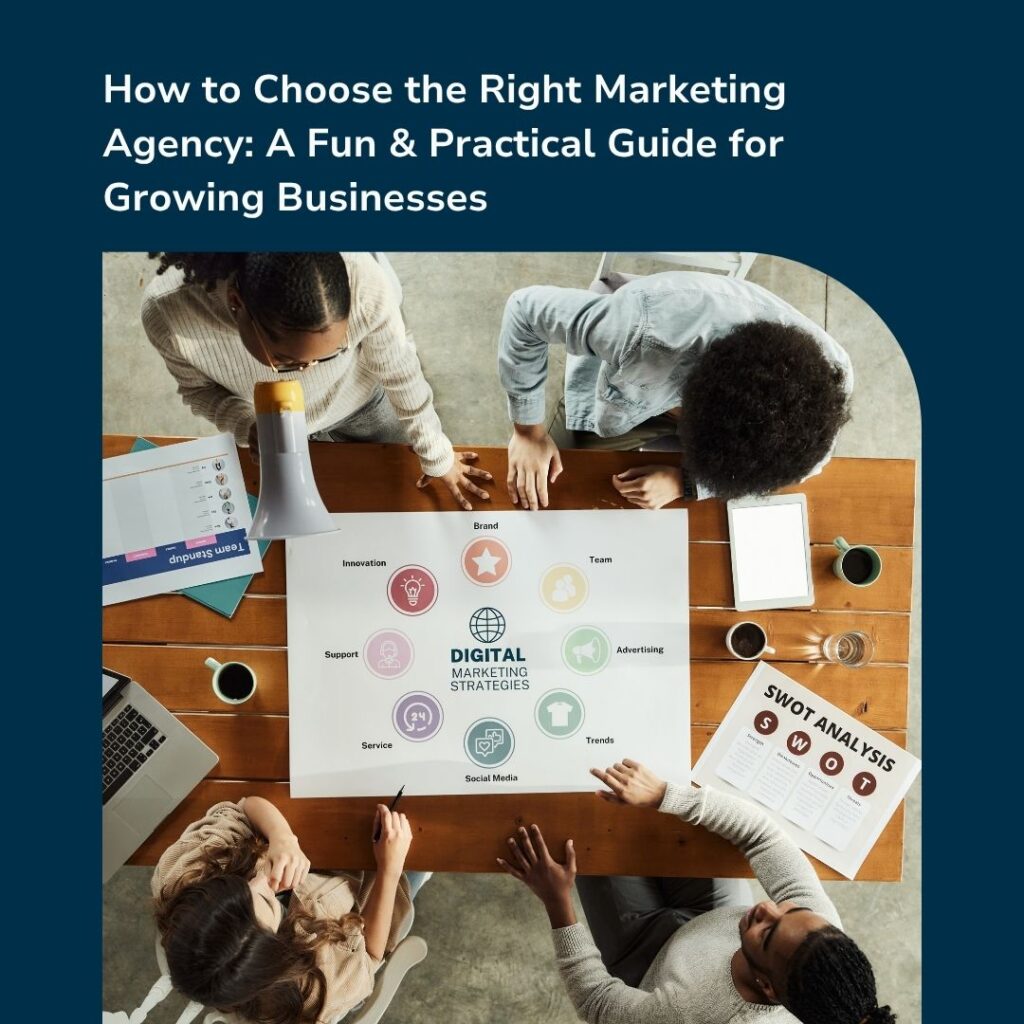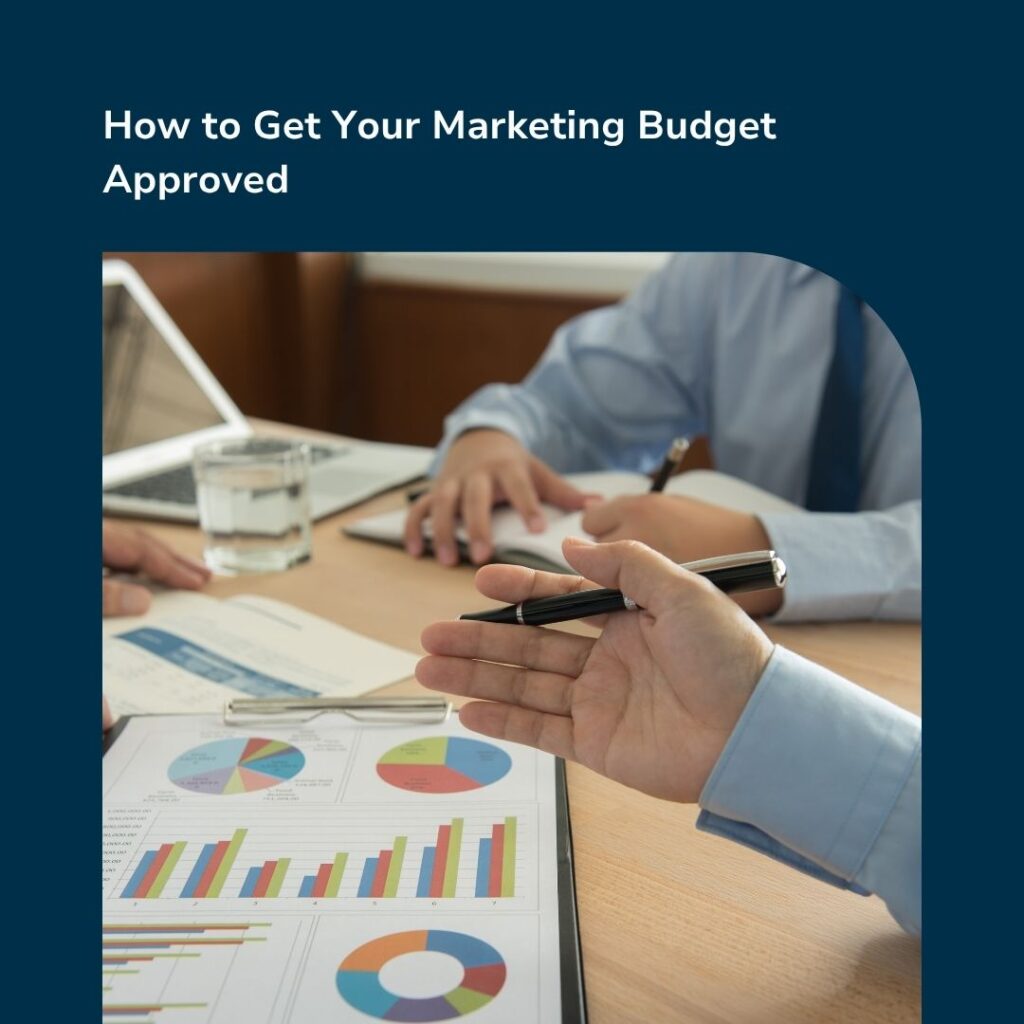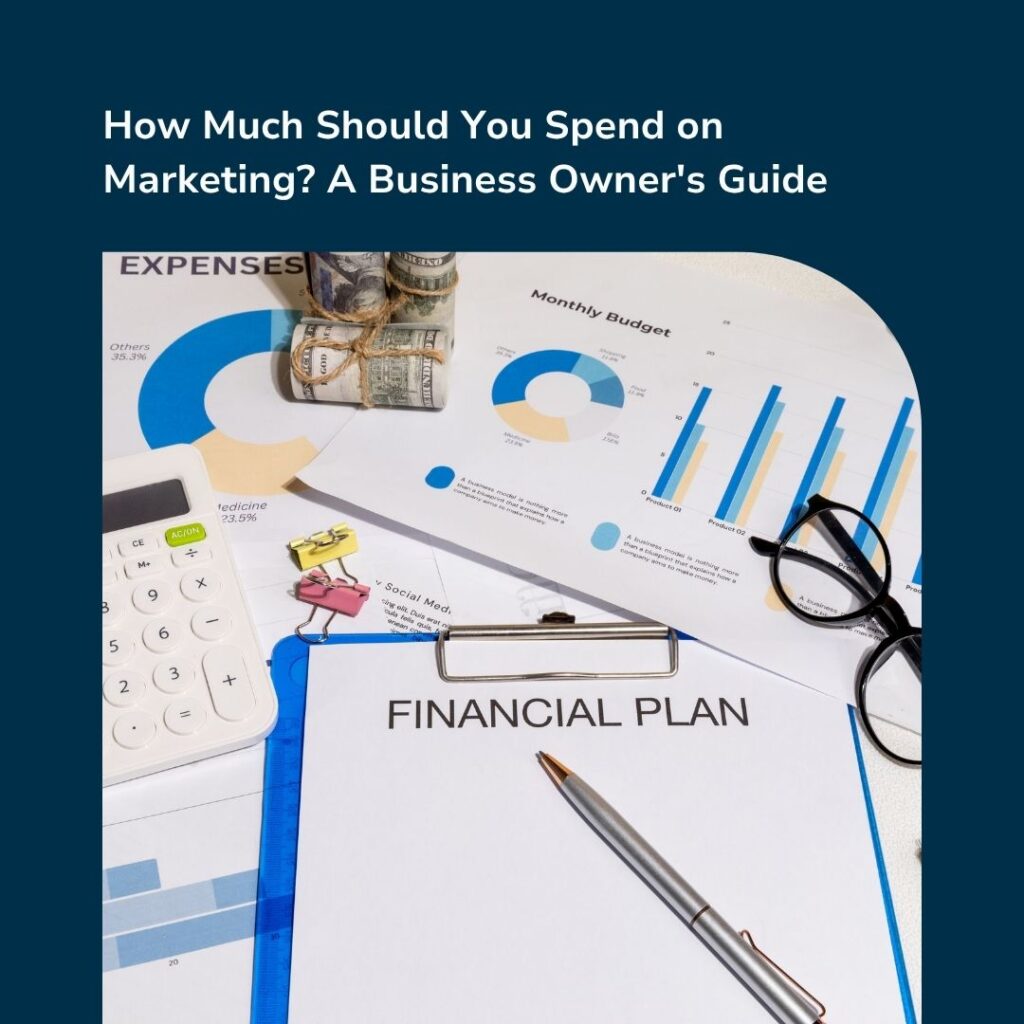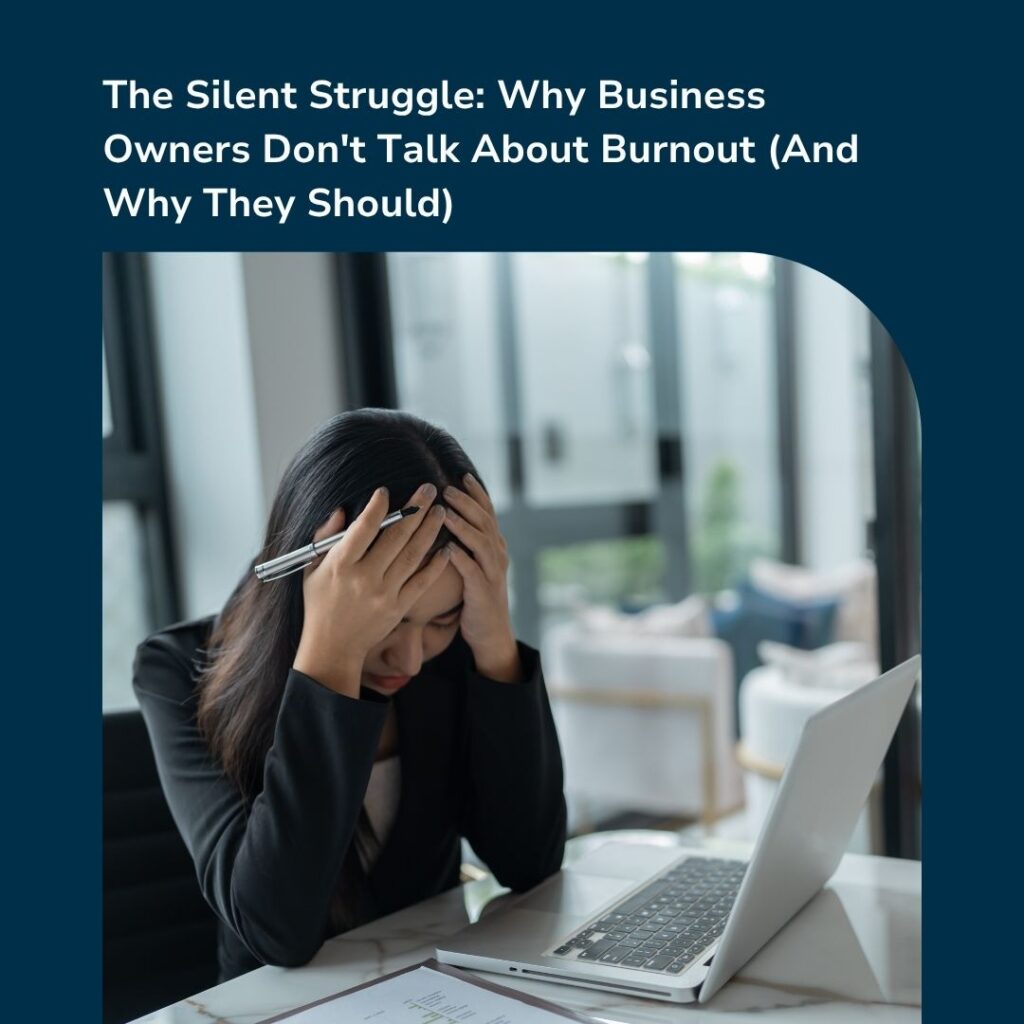Tags – Estate Agent Website
With 44% of home purchasers looking online to discover their property, your website is quickly becoming the first impression you make with customers, and it is increasingly becoming your primary sales tool.
Your property website is your company’s presence online and represents your brand. In today’s demanding market, your website must do more than just look nice and function properly on every device; this should be the norm.
Typically, property websites have two key objectives:
- Make sales
- Generate leads
The secondary objectives are very important too. These include:
- Positioning yourself as an industry expert
- Building trust and credibility with your target audience
- Providing an exceptional user experience where visitors can find the information they need with ease
To ensure that your site is optimised to generate the most leads, we’ve compiled a list of our top 10 things that make a good estate agent website.
1. Property Search is Crucial
A search feature is a must-have.
There’s no avoiding this one: if you don’t have a search portal for your visitors to browse through your listings and match them with the perfect properties, they will leave your site after a short time.
It’s crucial to consider your user when adding a search option. What criteria are essential to home buyers and renters? What categories will your users want to view results by?
Some basic things you can include on your property search are:
- Buy or rent
- Number of bedrooms
- Location (and radius from that location)
- Type (flat, house, bungalow etc.)
- Furnished/unfurnished
- Price range
2. Provide Information in One Place
Once you’ve acquired a user on your site, you need to keep them there.
Don’t force them to leave by not giving them all of the information they’ll require.
For example, if a user wants to know how close a property is to their local school and you don’t have that information, they’ll go somewhere else to get it.
So, when adding a property to your site, include as much information as possible. Add a map so potential buyers can get an idea of nearby amenities.
To make it even simpler for visitors to understand what is available in the region, you can add filters to the map.
3. Speed Matters
Fast load times are essential for your website’s success.
Users will abandon a site that takes too long to load, and they will go to another site that loads faster.
There are a lot of components when it comes to an estate agent’s website. You may frequently want to post high-resolution, crisp photos in order to persuade potential clients to schedule a visit.
These images, however, will be large in size and slow down the page load time.
Finding the correct balance between looking good and loading quickly is crucial.
4. Update Your Listings
Nothing can be more aggravating than believing you’ve discovered the perfect home to buy or rent only to be told it’s no longer on the market.
When you’re developing your estate agent website, consider how you will keep all of your listings up to date.
You may be able to link your software to your site so that when you change a listing on your software, it updates your website automatically.
This is something you should discuss with your website designer about since it might save time over manual updates.
5. Recycling Property URLs
When a property is sold or leased, the ad becomes redundant.
Instead of just showing a simple 404 error page on this address, try to find a method to entice the person who has visited it to continue browsing your site.
For instance you could:
- Display a notice informing them that the property is unavailable and offer them a search bar to locate comparable properties
- Redirect them back to your property search page
- Display suggested alternative properties the visitor may be interested in
6. Keep Content Updated
It’s critical to keep all of your content up to date, not just your listings.
Fresh material helps Google and other search engines determine that your site is active and should be included in their results pages.
While it is important to keep content fresh for SEO, you can also use it as a way to provide a better experience for your visitors. Some ideas to keep your content fresh include:
- Blog posts, such as providing tips on finding a new home
- News updates of any changes to your agency – i.e. Christmas opening times, new offices etc.
- Updates on the local area – i.e. new developments, new school or shops opening etc.
7. Educate Your Visitors
Finding a new home may seem straightforward to you, but most people find the process of locating a new property overwhelming and confusing.
To educate your visitors on some essential topics, add guides and blogs to your site – for example:
- Documents they will need
- Glossary of terms
- Step-by-step process of buying or renting
You should have all of this information on your website so that potential clients can see that you are open and ready to help.
It can also save you a lot of time during the property exchange process since you may provide clients with an information source rather than having them call up every day with a new question about how long it takes or when they will get their keys.
8. Show Your USPs
Smaller local estate agents are finding it increasingly difficult to rank in search results against the big players like Rightmove, Zoopla, and On the Market.
When a prospect reaches your website, you want them to understand the benefits of hiring you rather than going with a bigger portal.
Consider what sets you apart from the competition and why they would be better off choosing you over someone else, and display this information on your homepage.
9. Top Notch Branding
The look of your website is just as crucial as its function and content.
How many times have you abandoned a website because it appeared outdated, unattractive, or didn’t match the branding you had in mind?
As much as we’d like to believe that we are not superficial, many of us judge first based on appearance.
If a new visitor isn’t immediately drawn to your site and brand, they won’t stay long enough for you to tell them why they should hire your estate agents.
10. Guide Your Visitors
Take the perspective of your visitors into account when developing the best estate agent website.
In other words, you must make sure that a user has a clear next step to take.
To offer your visitors an easy method to express interest in a property, add CTAs and contact forms to your site. You want to lead your users around your site from the second they load it.
Have a prominent search bar with a large CTA search button so they understand the obvious first step. Add read more buttons to the property listing in search results so that visitors know how much further information they can find about a home.
Also, add buttons such as “Contact” or “Add to Wishlist” so that there is a clear next step and the user will stay on your site for longer.
Final Words
People have hectic lives and want to be able to search for their next house whenever the opportunity arises, therefore having a beautiful and simple-to-use website is an important component of estate agent website design.
The best estate agent website design is made up of many key elements that work effortlessly together.
There’s no such thing as a one-size-fits-all solution for building an effective website, but if one aspect of your site isn’t working or matching the standard that visitors anticipate, it could have significant consequences on traffic, bounce rate and more.
Keep your audience in mind while building your estate agent website, and remember that it’s essentially a storefront for your business.
Please get in touch today to find out more.
In the meantime, take a look at our Web Design service here.
You may also like:

